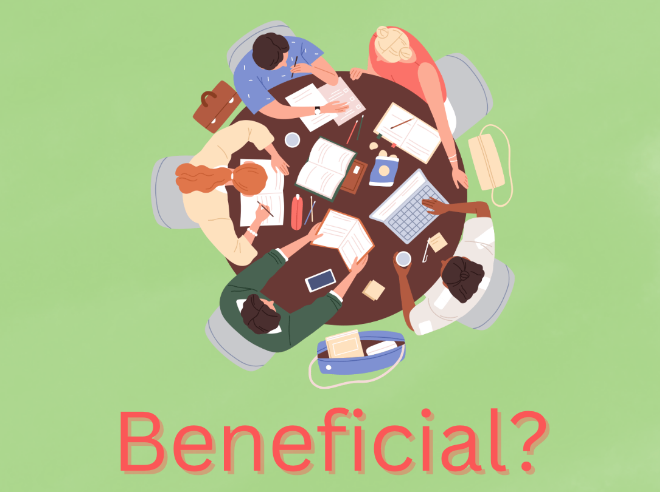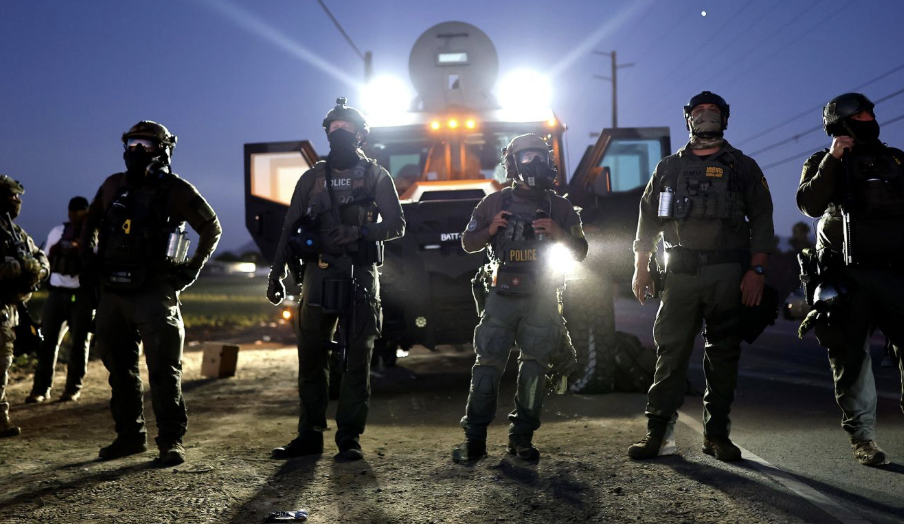Practically every student participates in group work, be it a project, activity, presentation or even a test. Group work can be helpful to meet new people and listen to the opinions of peers, however, one has to wonder how fair group work is and if it is as beneficial as teachers think.
Group work is inevitable in the classroom setting. Students are paired up to hopefully learn and share knowledge with their fellow students. However, some may find that some members are less motivated to help out on the task given. Many times, one or two students in a given group are forced to do all the work by themselves on a project or a test either because they understand the curriculum more or because the rest of their group is lazy.
“What usually happens is the people who are either stronger in content knowledge or skills end up carrying it,” said CHS AP European History teacher Edward Edsall.
This defeats the purpose of group work altogether because the group is not learning from the student who knows what they are doing, with these slackers unfairly receiving credit for another person’s effort. Some teachers do recognize this problem, intervening when necessary in those situations brought to their attention.
Many are reluctant to tell on a classmate because they are scared to create tension or resentment between the group members, causing these students to feel forced to give in and do all the work to avoid conflict and still receive a good grade.
Partner tests, another common form of group work, can also be an issue with teachers’ opinions varying on how helpful they are to the students’ learning.
“Assessments are supposed to assess how much a student has learned and if you have a group test it’s not measuring how much the individual student has learned it measures how well they can get the answers from other people,” said Edsall.
Group tests are supposed to let students share their skills and fill the gaps where a student might be missing information. When someone just relies on one person to do all the work and give them all of the answers, they need to be learning, potentially increasing pressure on those who are answering the questions to get an upstanding score.
Some educators might argue that students need the time to not only learn but also socialize, with tests just being another opportunity to do so. Many do not want to start conversations with someone who is not part of their friend group therefore not all students will socialize on their own in class. Some may say COVID is at fault for the lack of social skills seen in some students so teachers feel that they must repair the damage even if it means forcing students to communicate.
While this is true—students do need to work on socialization skills—they have other, more appropriate circumstances that do not involve a grade.
Group work can also impact mental health. Unless you have your best friends in your class, finding a group you want to work with could be a challenge. Some students might be rejected from groups that are already full or simply do not want to work with that person before they find a free group. It is also possible that they may end up asking their teacher for help finding a group, something students would likely see as embarrassing.
Assigning groups can be harmful as well. Similar to the ideas of Kerry Hishon, who wrote about the pros and cons of different kinds of group work, problems can arise from the teacher forcing a student into a group. It could be extremely awkward for someone who may not know the people in the group. The student would also most likely be hurt from the previous rejection, potentially making them feel like an outsider. All of this could make students apprehensive about group projects in the future.
Students who already have mental health issues might not like the idea of group work as it puts pressure on them to be social and contribute to the group, something that could be difficult if they have trouble voicing their opinions or socializing due to stress. According to Kris Leverton of the UCLA School Mental Health Project, someone’s social or performance anxiety could intensify when forced to work in a group, causing serious issues for the student and ultimately worsening the student’s mental state.
This can cause the students to be uncomfortable in the classroom, a place where they should feel safe to be themselves and learn, making them feel less motivated to contribute to the project by avoiding the situation altogether. Dr. Patricia Carlson, a psychiatrist at the Sheppard Pratt Health System, agreed that anxiety in the classroom is one of the reasons why kids stop showing up to class. The pressure that is put on students to socialize in class and work with others can be torture to someone who struggles with social anxiety. However, instead of recognizing the students’ discomfort, the teacher might see them as lazy or not caring enough to get to and stay in class.
To combat this, some teachers provide solutions to the anxiety that comes with picking a group or partner. However, not all students are comfortable sharing their issues with their teachers, some of whom may be seen as less understanding or safe to talk to, meaning they never share these feelings and therefore the problem continues.
Group work is unavoidable but can be harmful to students. Yes, group work is a way to have a social experience but socializing should be a student’s choice, not forced. Sometimes it seems that teachers forget how uncomfortable group work can be whether someone has pre-existing mental health conditions or not and problems too often come up in the group work process that make the experience ultimately unenjoyable.
















